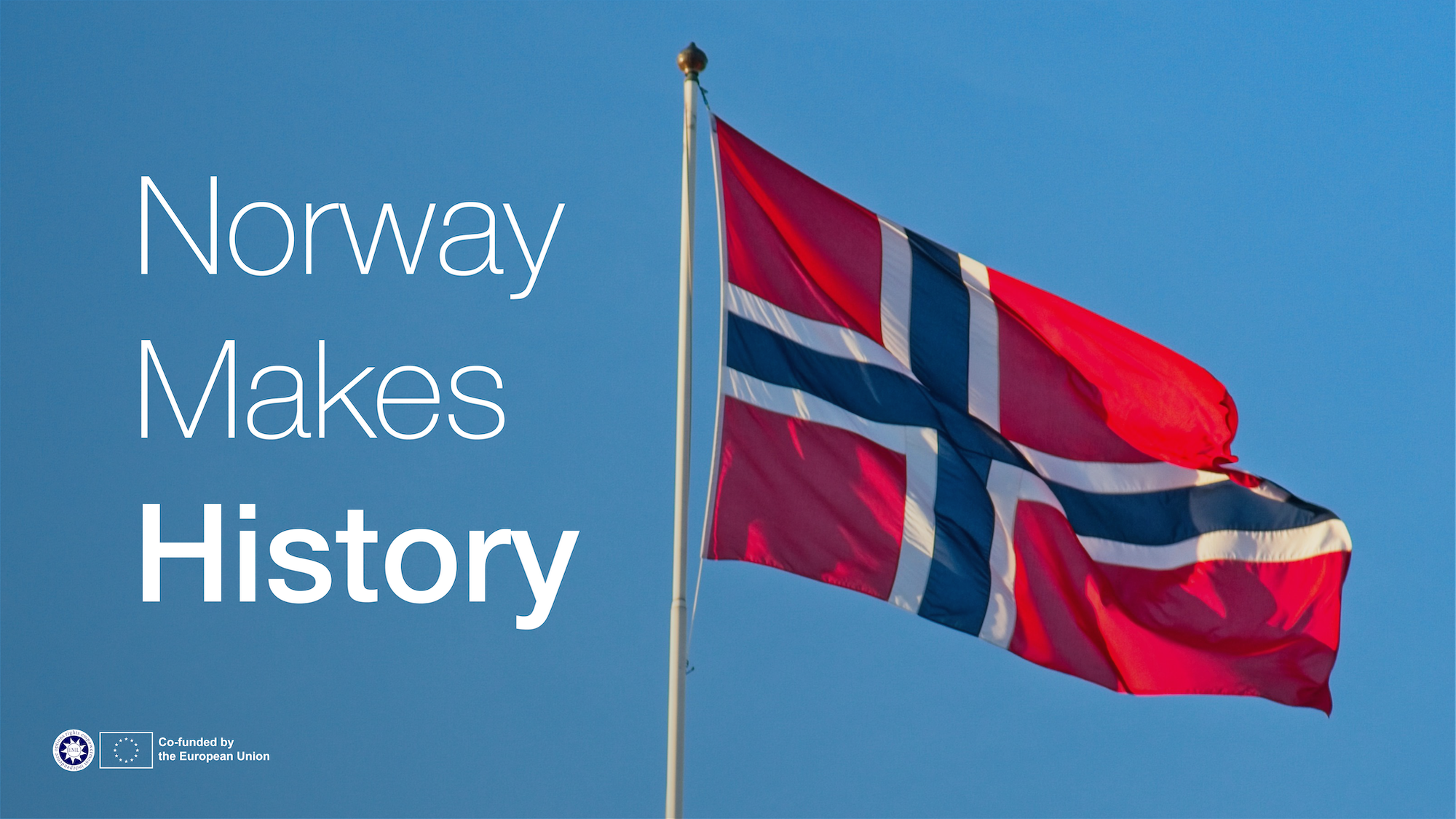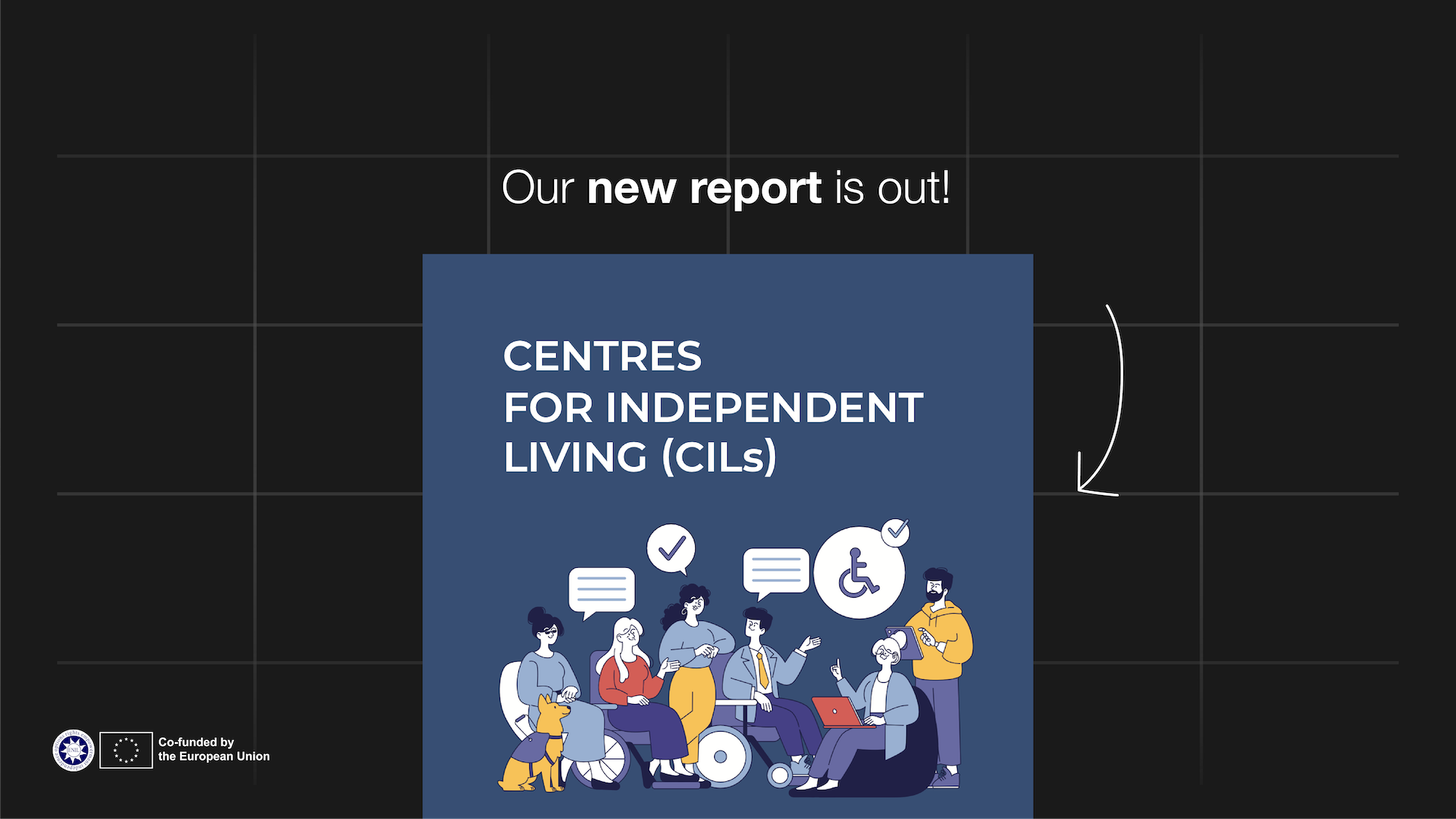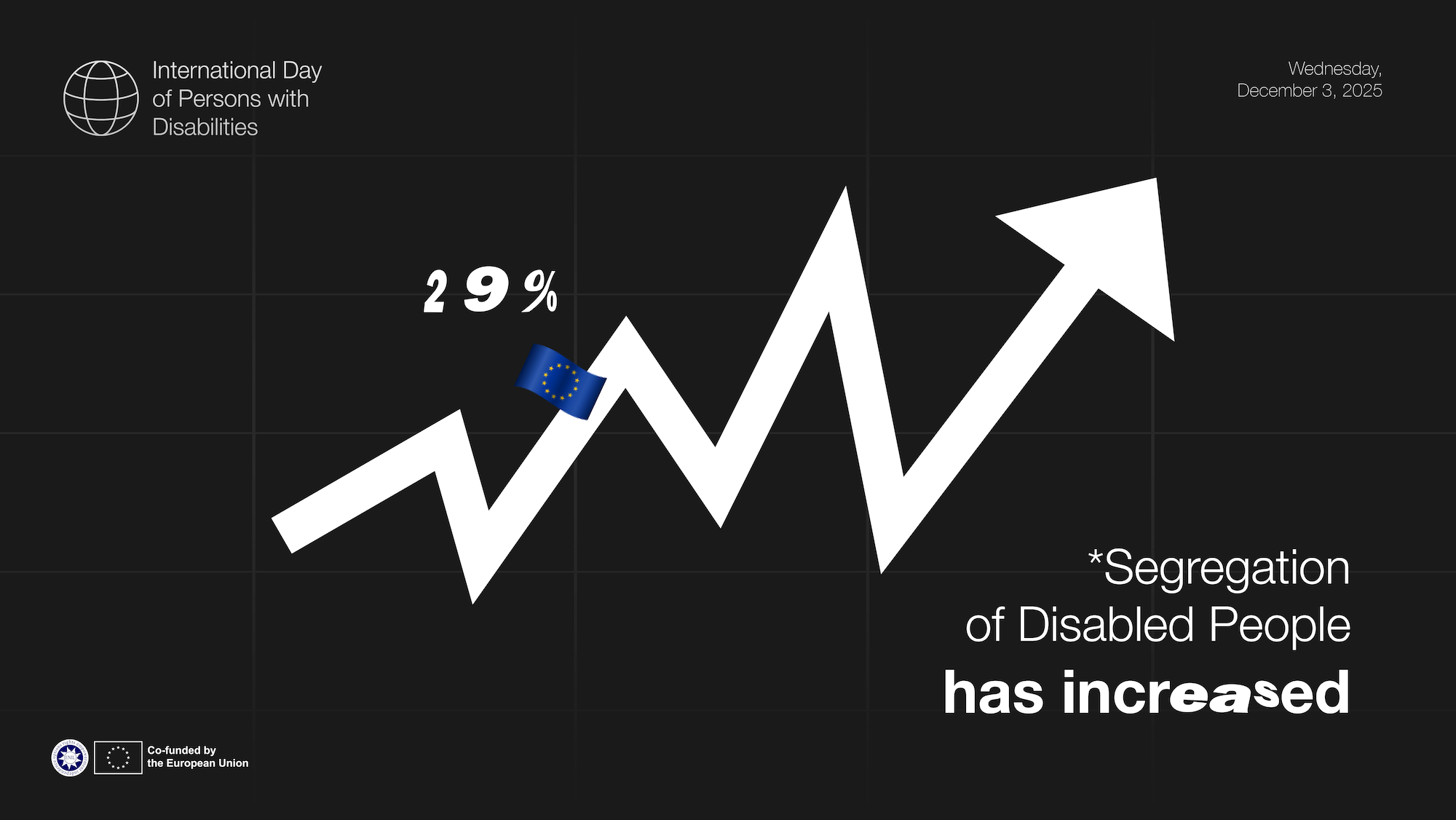My academic carrier at Vilnius University started and evolved in parallel with my work for the civil society organisation (CSO) Mental Health Perspectives. In autumn 2002, I started my Ph.D. studies and in March 2003, I started working as a project manager at Mental Health Perspectives (formerly known as the Geneva Initiative on Psychiatry and Global Initiative on Psychiatry).
In the beginning, being a newcomer in both the academic and CSO sector I tried to draw a clear line between them, and to separate my interests and focus areas. Consequently, I started to value my unique position in the grey zone between the two sectors, and positive outcomes for both of them.
Drifting between academia and CSOs posed many challenges; nevertheless, it also offered many opportunities. For instance, while planning scientific research I estimated the potential outcome for persons with disabilities and possibilities to gather evidence for human rights-oriented disability/mental health policy. On the other hand, available scientific knowledge and a strong methodological background helped with avoiding bias, preconceptions, unsound, or merely emotions-based criticism. The abovementioned blank sides of CSO reports often expose their activism for critique and raise doubts about the reliability of their findings. The successful combination between my human rights activism and academic work resulted in scientific evidence-based political and social engagement.
During my work at Vilnius University and CSO activism, I was involved in over 30 national and international projects, most of which included a research component. My work for the CSO Mental Health Perspectives mainly focused on research and training, as well as on research-based advocacy.
One of my first projects was “Monitoring human rights and prevention of torture in closed institutions in prisons, police cells and mental health care institutions in Baltic countries”, funded by the European Commission and led by the Latvian Centre for Human Rights and Ethnic Studies. This project highly influenced and shaped my further academic life, as well as my disability activism. In 2004 and 2005, together with an international group of experts, which included professor Dainius Puras, the former Special Rapporteur on the right of everyone to the enjoyment of the highest attainable standard of physical and mental health, we’ve visited large residential social care institutions and psychiatric hospitals in Lithuania, Latvia, Estonia and the Kaliningrad region of the Russian Federation. For me, it was the very first time visiting these types of facilities, talking to people who stay in a psychiatric hospital and wear pyjamas for decades, revealing cases of neglect and violence, finding out about forced sterilization and abortions. These monitoring visits resulted in reports, publications, and an advocacy campaign, as well as in an open conflict with the Ministry of Labour and Social Affairs and the Health Committee of the Lithuanian Parliament. Moreover, our organization – the Mental Health Perspectives — was even brought to court by the director of the largest Lithuanian psychiatric hospital. Unfortunately, 15 years ago, a group of disability and human rights activists were unable to initiate the process of deinstitutionalization and it took much more effort and another 10 years for it to start in Lithuania.
However, these human rights monitoring visits left a significant mark on my academic interests, and from 2004, I started my academic research into this field. It began with my PhD thesis called “From traditional to modern care: the case of persons with intellectual and psychosocial disabilities” and was followed by several other publications. Some of them were dedicated to analysing disability policy in the context of societies in transition (f.i., “Challenges of prolonged transition from totalitarian system to liberal democracy”, in 2014, written together with prof. Dainius Puras and Ieva Adomaityte – Subaciene or “PS for post-Soviet: A glimpse into life of persons with intellectual disabilities” (in 2017, co-authored with Violeta Gevorgianiene). Other academic publications focused on particular vulnerabilities of persons in closed residential care institutions (f.i., “Sexuality of ‘dehumanized people ’across post-soviet countries: patterns from closed residential care institutions in Lithuania”, written together with Urte Orlova in 2015).
In late autumn of 2014, I was the leader of the interdisciplinary researchers’ group who analysed the implementation of the deinstitutionalization strategy in Lithuanian social care institutions. The research was funded by the NGO EEA Grants program. It showed lack of awareness of the reform, as well as overall feelings of insecurity and uncertainty in the social care homes. While on the ministerial level, the work was completed through developing strategic documents and making political decisions, the institutions were dominated by uncertainty, inaction, and processes averse to the reform. High hostility towards the deinstitutionalization processes was observed in the institutions, and expectations for the reform to fail were palpable. Although open opposition was not shown, the silent resistance was common; for instance, ignoring this topic altogether, demonstrating no interest and no initiative. Not a single institution demonstrated exceptional efforts or achievements in developing independent living skills of their residents, intending to get them ready for the future life in the community. The staff understood the main systematic problems, such as stigmatization, municipalities’ unwillingness to take responsibility for the development of community-based services, misuse of the institutions as the final instance, or a way to fill in all the gaps. This greatly impeded the functioning, everyday work, and quality of service delivery within institutions. However, social care institutions internalized these problems and did not take the initiative to publicize them; on the contrary, it contributed to the avoidance and ignorance towards the reform. The findings of this study (in Lithuanian) were widely disseminated among the main stakeholders and shaped the implementation of the official Lithuanian strategy of deinstitutionalization of care for persons with disabilities.
My most recent research project, “People and places: transformations of communities’ welfare in the process of deinstitutionalization of care services”, is implemented with my university colleagues Violeta Gevorgianiene, Jurga Mataityte – Dirziene and Rasa Geniene. It is funded by the Lithuanian Research Council. It focuses on another important, yet often neglected, part of the process of deinstitutionalization. Reform of the residential care system is welcomed by human rights advocates, national and international NGOs, but faces adverse public discourse: local communities object to the relocation of persons with disabilities into their neighbourhoods. To better understand this phenomenon and to suggest ways to resolve it, we will investigate the course and challenges of the deinstitutionalization process of adult persons with disabilities from the perspective of community welfare. By using methodological principles of ecological systems theory and P. Bourdieu theory, the changing welfare perspectives for all community members will be analysed: new opportunities to start meaningful social relationships, to access quality services, etc.
The project aims to analyse how the understanding of community welfare and practices of its development are being transformed in the process of deinstitutionalization and development of community services. Quantitative and qualitative research methods will be used to reveal the perspectives of persons with disabilities, their carers, service providers, and community members. Media discourse will be also analysed. In addition to traditional academic dissemination channels, the recommendations for the Ministry of Social Security and Labour on how to integrate the community welfare perspective into the process of the reform will be developed. Taking into account similar problems of deinstitutionalization in other post-socialist countries, active international cooperation is foreseen. Professor Darja Zavirsek from Slovenia, an expert on this topic, has joined the project in the capacity of an external expert.
From early 2018, I was appointed as the Head of the Department of Social Work and Social Welfare at Vilnius University. In autumn 2018, after 15 years of work, I left my position of project manager at the CSO Mental Health Perspectives, yet I’m happy to continue a close collaboration with the Lithuanian disability activists. Together with them, I’m starting research on the impact of COVID-19 on the families of persons with severe disabilities, as well as an evaluation of disability CSOs’ role in the protection of the rights of persons with disabilities.


